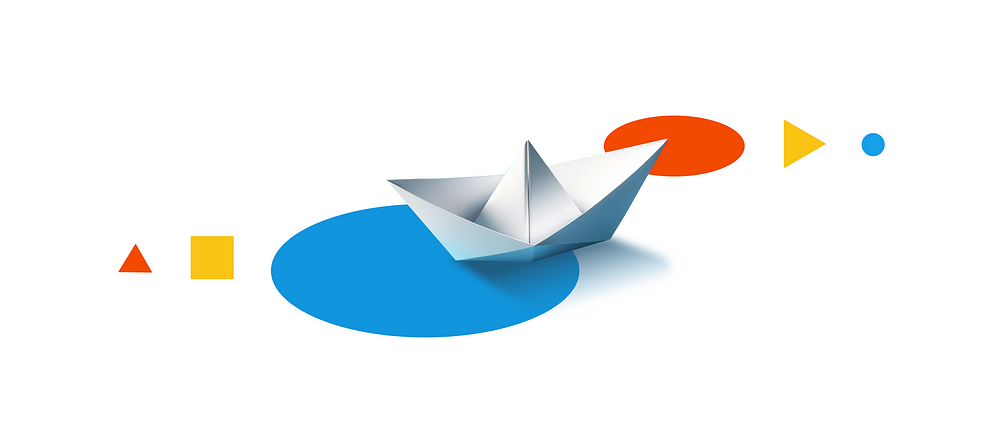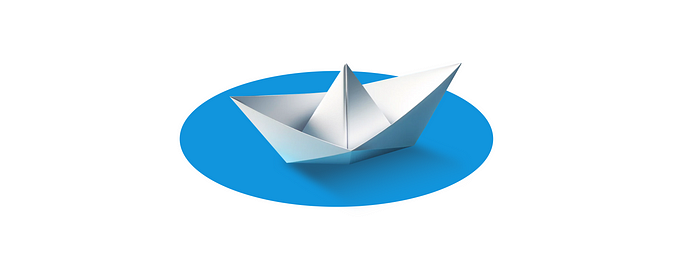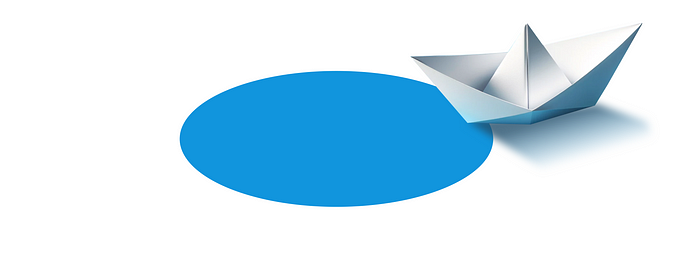

Understanding the AI Frontier: Balancing Automation and Cognitive Skills for the...
source link: https://blog.prototypr.io/understanding-the-ai-frontier-balancing-automation-and-cognitive-skills-for-the-future-06ee9ac150bb
Go to the source link to view the article. You can view the picture content, updated content and better typesetting reading experience. If the link is broken, please click the button below to view the snapshot at that time.
Understanding the AI Frontier: Balancing Automation and Cognitive Skills for the Future

In September of 2023, a multidisciplinary team of researchers from Harvard Business School released a paper about the effects of AI on knowledge, productivity and quality of outcomes. In this study, the researchers examined the performance implications of AI on realistic, complex, and knowledge-focused tasks with over 700 participants.
In short, the study had two groups doing different tasks, these were classified as follows:

Inside the Frontier of AI Capabilities
- Inside the Frontier: This group was tasked with working for a shoe company, creating a new product and plan. They used AI for assistance. The result? They performed up to 42.5% better with AI than without it.
In this context, inside the frontier refers to tasks where AI’s capabilities align well with the task requirements, like generating initial ideas or creating new content.

Outside the Frontier of AI Capabilities
- Outside the Frontier: In this group, the participants acted as if they worked for a company with three brands. the task was to advise the CEO on which brand to invest in, using AI for assistance. But in this scenario, their performance dropped by up to 24% with AI compared to doing it on their own. In this case,these are more complex tasks requiring a deep understanding and/or strategic decision-making, where AI might not provide accurate or relevant assistance.
What is really interesting about these results is the balanced approach they represent about using or overusing AI and the emergence of two differentiated ways of interacting with the technology when it comes to performing high-intensity knowledge tasks. Citing the authors of the paper:
“Our analysis shows the emergence of two distinctive patterns of successful AI use by humans along a spectrum of human-AI integration. One set of consultants acted as “Centaurs,” like the mythical halfhorse/half-human creature, dividing and delegating their solution-creation activities to the AI or to themselves. Another set of consultants acted more like “Cyborgs,” completely integrating their task flow with the AI and continually interacting with the technology.”
So, two key ideas here for us to digest:
- The Value of Human Expertise: AI won’t fully replace quality knowledge and critical thinking, as long as we keep practicing and developing our skills in specific areas.
- Shaping our relationship with AI: We can choose how we want to work and interact with AI, now and in the future, regardless of how much the AI frontier moves.
The Value of Human Expertise
Even as AI technology advances, I don’t believe it will replace the need for quality knowledge and critical thinking inherent to human expertise for those tasks requiring these to be used in context.
This is due to our capacity to adjust and adapt relatively easily to new or evolving information (AI can make it faster, but not necessarily more accurate or results-oriented).
Also, humans have a special talent for interpreting and applying in-context knowledge in ways that are relevant to particular challenges. While AI can access infinite databases, this doesn’t rival the in-context/relevant knowledge needed to achieve desired results or a concrete outcome.
Here are some steps we can take to maintain and further develop our cognitive skills:
- Sleep & Nutrition: I know, it seems simple, but these are the fundamentals that enable optimal brain function. Plenty of fruits, vegetables and legumes together with good sleep habits -try aiming for the 8h mark. (I must confess, having a beautiful 1-year-old child by the time I write this line makes me smile about that sleep mark, but hey, we have to try 😅).
- Educate yourself. Knowledge is an invaluable tool, and while it is true that we will never be able to process more knowledge than any AI, knowledge will always give us new perspectives and information data points that can help us develop our critical thinking skills.
- Optimize your mental processing model for better organisation, classification and processing of information, by doing this we can avoid data saturation and be better prepared to make the right decisions.
- Develop a Systems mindsetThe value of Systems Thinking lives in understanding the parts as a whole and translating this idea into a process where every step is linked to the previous and further ones, and the sum of all to a successful framework.
- Work on your planning and execution framework: Regardless of the size and complexity of the future task ahead, it is important to have clarity on the steps we need to take from defining our purpose to executing a plan.
- Understand the nature and causes of flaws and errors.What are these forces that make us fall into mistakes? How can we avoid repeating them and, if they happened, how can we minimize their impact and transform them into opportunities?
Serve this as a reminder of the importance of our unique human abilities -like critical thinking and decision-making- which shouldn’t be underestimated. We must not just rely on these skills passively; instead, we should actively enhance them. Focusing on exercising our cognitive skills and being open to new ideas and information can help us maintain certain advantages over time.
Building a healthy and productive relationship with AI
Despite the importance of the previous point, leveraging and enhancing our human cognitive skills doesn’t have to come together with a rejection or a rivalry with new technologies. I believe we can work and refine our cognitive skills while figuring out the best ways to work alongside AI. This approach lets us build a positive and productive relationship with technology, aiming for high-quality results, more efficient processes and, equally importantly, supports our well-being. You can be a cyborg or centaur, -or a ‘dogphin’ if you will.
By balancing our development with the integration of AI, we can create a harmonious interaction that benefits our professional and personal lives, ensuring technology complements our human strengths rather than conflicts with them.
As an example, I have decided not to use AI to the full extent of its capabilities when writing this article, not as an act of technophobia of any sort, but as a personal objective, similar to a workout plan I would like to follow to keep flexing the muscles of content creation with a more flawed human touch.
Thank you for reading!
Recommend
About Joyk
Aggregate valuable and interesting links.
Joyk means Joy of geeK